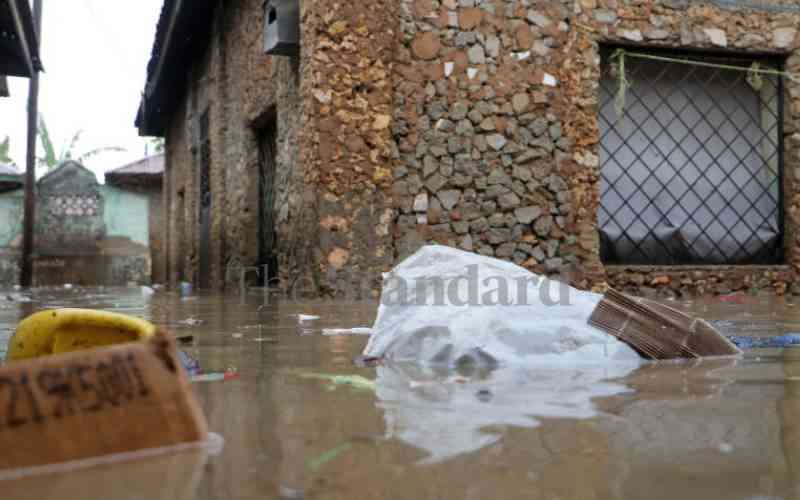×
The Standard e-Paper
Home To Bold Columnists

It has been an interesting week, with good but also weird, if not bad news on climate change. The best was that Germany finally shut down the last three of its nuclear plants; now transiting to cleaner and renewable energy.
However, the UAE, host to COP28 later this year, is planning a massive expansion of its oil production at a time research, including by Intergovernmental Panel on Climate Change, has shown that new and expanded fossil fuel projects will be the end of humanity in this climate crisis.